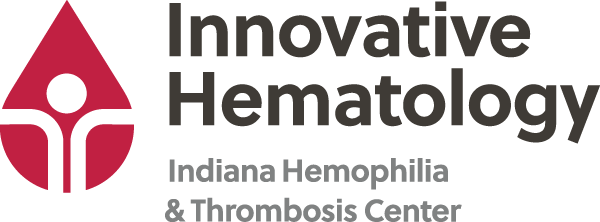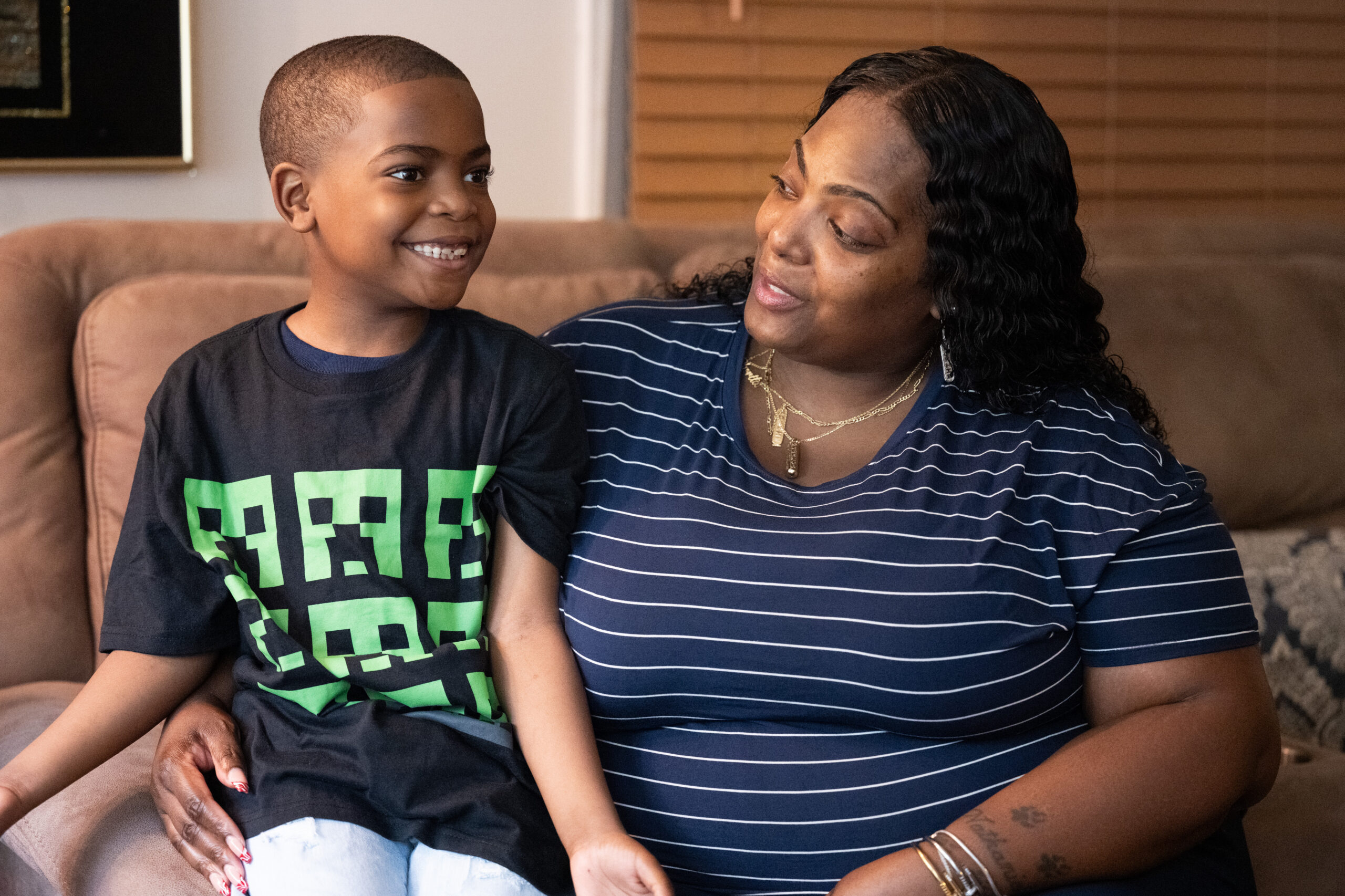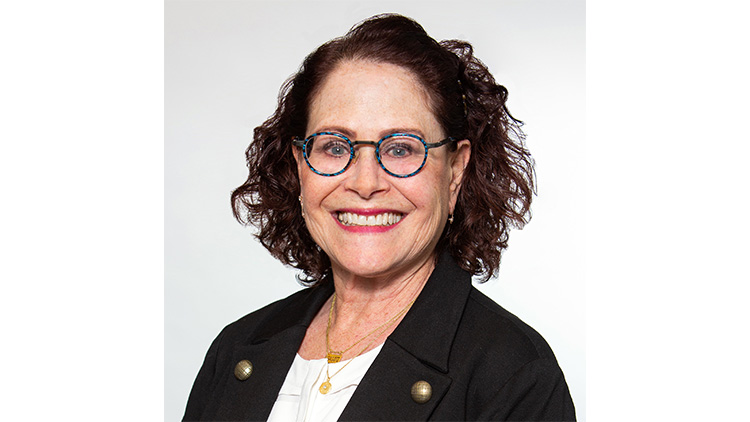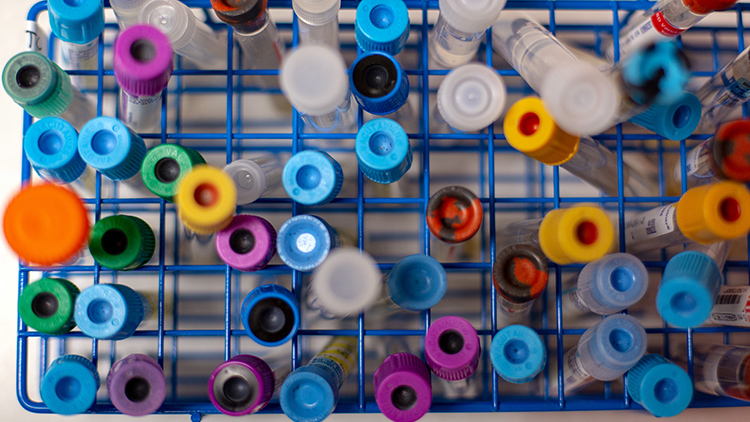By Alexandra Kukulka, Post Tribune
Sherita Johnson, of Gary, said she’ll never forget receiving the call a week after her youngest child was born.
With her other children, Johnson said she received a letter from the hospital stating that they have sickle cell trait. But, when Zedric Cook, who is now 8 years old, was a week old Johnson received a call from a nurse.
“That phone call was letting me know that he has sickle cell,” Johnson said. “I was like, ‘is it the trait? Because normally it is the trait.’ But that’s when they let me know, ‘no, it’s not the trait.’”
After that phone call, Johnson said she received many more calls from healthcare professionals to give her more information about sickle cell disease.
Sickle cell is an inherited trait, and gets its name from the sickle shape of red blood cells, said Carlene Heeter, with Innovative Hematology. The cells are also sticky, she said, so as the blood runs through the veins it can cause complications throughout the body.
In adults, sickle cell disease can cause a breakdown in joints, heart problems and strokes, Heeter said.
When someone with sickle cell is in crisis, Heeter said they develop a high fever of 101 degrees and can become jaundiced. They can start experiencing intense joint pain, Heeter said, and report acute chest syndrome.
The cure for sickle cell disease is a bone marrow transplant, Heeter said, but the bone marrow typically has to come from a sibling, not a half-sibling. Another option is gene therapy, she said, but it is very expensive.
The treatments for sickle cell are blood transfusion and pain medicine infusion, Heeter said. Innovative Hematology has been promoting minority blood drives, she said, because people of color, which includes Black people, Hispanics, people of Middle Eastern descent, Asian, Native American and African, have a special antigen around their blood cells that have a better chance of survival in a patient with sickle cell disease.
In Indiana, about half of 1% of donated blood comes from Black Americans, according to Innovative Hematology.
“What we try to do is get minority blood with that same type antigen, and it works better together, so you have less resistance when you do the blood transfusion,” Heeter said.
Innovative Hematology is hosting a blood drive from 10 a.m. to 2 p.m. Saturday at the Higher Institute of Arts and Technology School, 5861 Harrison Street, Merrillville, during the Northwest Indiana Corvette Car Show.
All the blood donated at the event will stay in Lake County hospitals to help patients in the area, Heeter said, which includes Cook. Johnson said she and her son will attend the event to meet with potential donors.
Cook had his first blood transfusion and pain crisis at 4 months old, Johnson said. During a pain crisis, Johnson said Cook’s fingers and toes swell and his crying was unlike any other type of baby cry, she said.
With sickle cell disease, Cook has had pneumonia, acute chest pain and once a year he’s tested for strokes, which can happen without symptoms in children with the disease, Heeter and Johnson said.
Cook has to have a blood transfusion about every three months, Johnson said. His hospital stays vary in length, she said, like if he has pneumonia or some other virus then he stays longer. But, if he just needs a blood transfusion then he feels much better the very next day.
One of the scarier moments with the disease, Johnson said, was when Cook told her he was having terrible headaches, to the point where he couldn’t see. They rushed to the hospital, and he received a blood transfusion, which helped, she said.
When they returned home, Cook said the headaches were back, she said. They went back to the hospital, where this time his heartbeat dropped to 49 beats per minute. Ultimately, doctors did a spinal tap and found that pressure was building on his spine, which caused the headaches.
Now, Cook has to also see a neurologist and eye doctor every three months to make sure that pressure isn’t building up in his brain or behind his eyes.
Johnson said when Cook needs another blood transfusion he gets a fever and he gets more tired. He doesn’t eat much and he doesn’t talk much, she said.
“Zedric has not been out of the hospital a year straight,” Johnson said. “He’s in the hospital at least three times in a year or more.”
The condition has impacted his childhood a little bit, Johnson said, because he can’t play outside for a long time when it’s too hot or too cold, and he has to stay hydrated. She said she drives him to and from school so that in the event he starts feeling unwell he’s not stuck on a school bus.
Cook is good about communicating with Johnson when he feels sick or unwell, she said. Sometimes, he’ll tell her he feels fine when he wants to go play, but Johnson said she’s become more familiar with his symptoms that she can then tell him to take it easy or rest.
The disease has impacted his learning, Johnson said, because hospital stays keep him out of class. Johnson said her goal every school year is to make sure he gets to class every day, but that hasn’t happened yet.
In the previous school year, he missed 45 days of school, Johnson said, and he was held back after first grade. It feels like the moment he is on track, Johnson said, he gets sick and misses more class.
“It’s rough. It’s tough,” Johnson said.
It’s so important for minority people to donate blood, Johnson said, because it will help her son as he grows older and has to live with the disease.
“If you’re healthy, just donate,” Johnson said. “You never know how you can save somebody else life just because of that.”
Source: Post Tribune




